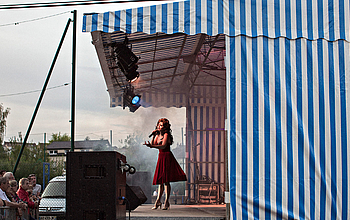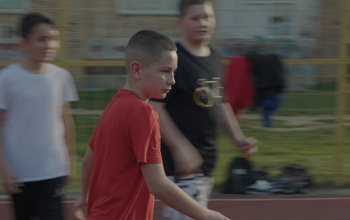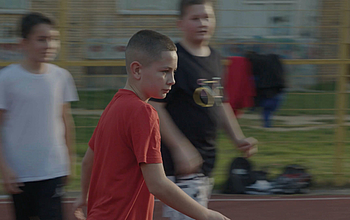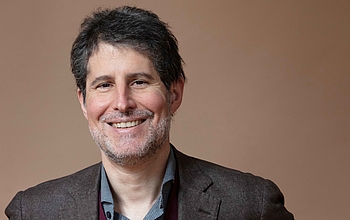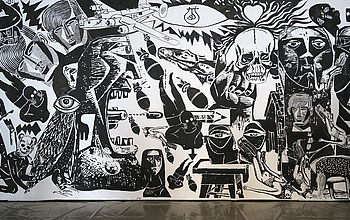"Let's Talk About Mental Health #3" - How should mental health be represented?

Mental illness is often linked to an invisible disability, compared to physical pain or other bodily suffering. However, mental illness often remains hidden because of the lack of means to represent or talk about it. People suffering from mental or emotional stress also face stigma or discrimination when seeking treatment. These issues are often overlooked in public debate and start to asset themselves in the humanitarian sector. How can the arts and culture contribute to advocating for mental health and well-being? How can we represent the struggles of the mind?
To mark a year dedicated to "Mental Health" (2022/2023), the International Red Cross and Red Crescent Museum is partnering with the Geneva Centre for Humanitarian Studies (Valérie Gorin) and the Centre Interfacultaire en Sciences Affectives of the University of Geneva (Marzia Varutti). Throughout the year, a series of thematic conversations brings together specialist speakers to explore questions such as: What are the new therapeutic prospects in emergency contexts? How can mental health be represented? How can we care of ourselves or others? This approach aims to offer a range of critically important tools and practical resources in order to de-stigmatise mental health issues.
Saturday 18 March
17:30
Espace Pitoëff - Café Babel
free entrance
Free admission
English
In partnership with the International Museum of the Red Cross and Red Crescent
Introduction
Pascal Hufschmid Director of the International Red Cross and Red Crescent Museum (IRMC)
Speakers
Nelly Staderini Sexual, Reproductive Health and Sexual Violence Advisor at MSF, Doctors without Borders (MSF)
Kashayar Javanmardi Documentary Photographer
Adrien Zerbini
Moderated by
Valérie Gorin Historian and sociologist, Head of Learning at the Geneva Center of Humanitarian Studies

